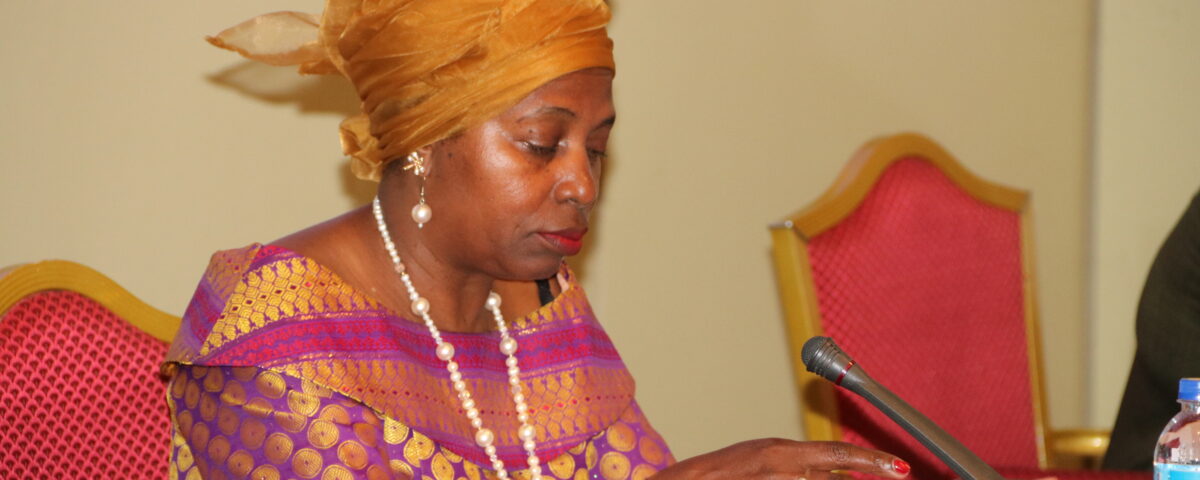The discussion moderated by Commissioner Litha Musyimi-Ogana in our recent training of religious and traditional leaders highlighted the critical role of the Maputo Protocol in safeguarding women’s rights within the context of religion, tradition, and culture in Africa. This protocol serves as a significant legal framework that addresses both the positive and negative impacts of cultural practices on women’s rights.
Importance of the Maputo Protocol
Commissioner Ramatoulie Janet Sallah Njie emphasized that the Maputo Protocol, adopted in 2003, is instrumental in affirming women’s rights. Article 17 specifically acknowledges positive cultural practices that enhance women’s dignity, reinforcing the necessity for cultural respect while advocating for women’s rights. The protocol is rooted in African values, recognizing the right to culture and religion, yet it also challenges harmful practices that undermine women’s rights.
Misconceptions Surrounding Cultural Practices
Commissioner Sallah-Njie addressed common misconceptions about certain cultural practices, particularly Female Genital Mutilation (FGM), which are often incorrectly viewed as religious mandates. While some religious leaders oppose the ban on FGM, others have actively collaborated with The Gambia’s National Assembly to uphold prohibitions against it. She highlighted that Article 1 of the Maputo Protocol upholds fundamental rights for women, while Article 8 focuses on marriage rights—a pressing issue given that over 100 million Africans are married before the age of 18, infringing upon their health and education rights.
Advocacy and Legal Frameworks
She called for robust legal frameworks to register marriages and urged traditional and religious leaders to advocate for enforcing laws that protect women from harmful practices. She pointed out the need for district tribunals to play a role in addressing sexual and gender-based violations.
Successful examples were shared from countries like The Gambia, Ghana, and Malawi, where religious leaders have significantly contributed to combating human rights violations against women and girls. Njie urged these leaders to align their teachings with human rights principles promoting equality and to actively challenge disinformation within their communities.
The Maputo Protocol stands as a beacon for advancing women’s rights in Africa amidst challenging cultural landscapes. It not only provides a legal framework for addressing gender-based injustices but also calls upon religious and traditional leaders to be proactive advocates for change. By embracing human rights principles and promoting cultural dignity, these leaders can foster environments where women are empowered to claim their rights fully.


